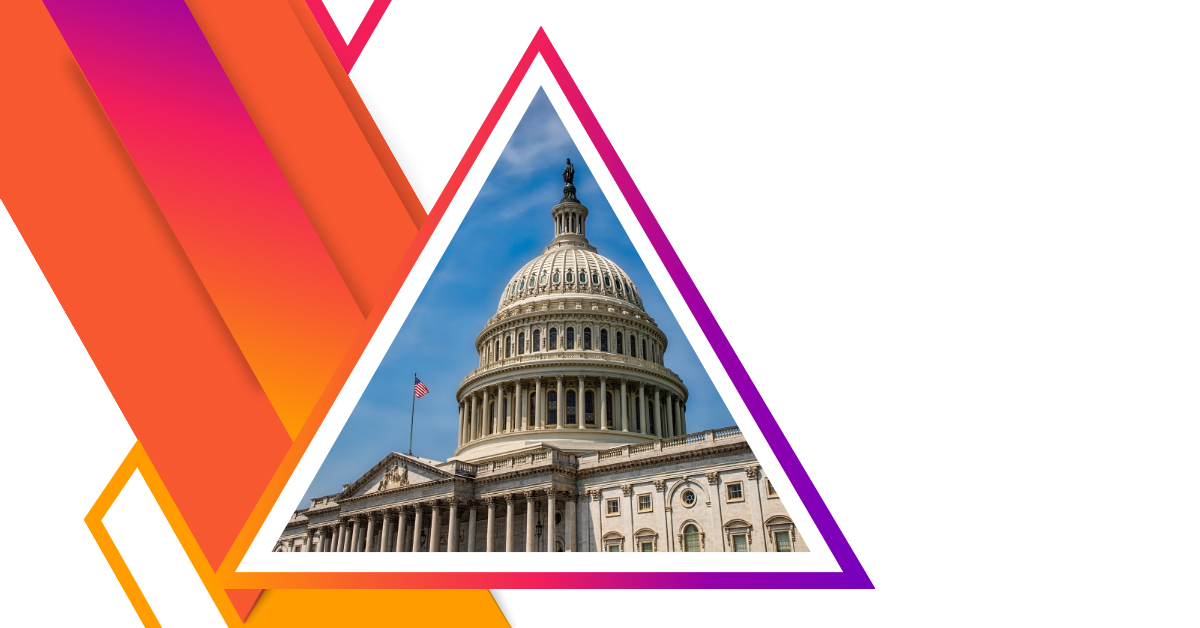In response to the release of President Trump’s full budget proposal for FY 2026, AAI President, Dr. Stephen C. Jameson, issued the following statement:
The American Association of Immunologists (AAI) is deeply alarmed by the President’s proposal to drastically downsize the National Institutes of Health (NIH) by slashing its approximately $47 billion budget in fiscal year (FY) 2025 to just $28 billion in FY 2026. On behalf of the community of immunologists we represent, AAI is in complete opposition to this proposed cut, which would have far-reaching and irreversible consequences not only to the entire biomedical research enterprise, but also to the millions of Americans who rely on advances in biomedical research to safeguard and improve their health and their very lives.
NIH funding supports a large portfolio of foundational research that serves as the starting point for lifesaving medicines of the future. This early-stage research does not result in immediate commercial application and therefore is not well supported by companies in the private sector, which must remain profitable to remain viable. The loss of NIH’s essential role would cripple the development pipeline of new treatments and cures. Critical medical advances for diseases such as cancer, cardiovascular disease, neurodegenerative disease, and autoimmune disease could be delayed or abandoned entirely.
Most detrimental to science and to America’s place as the leader in biomedical research is the fact that the next generation of scientists would be the most affected by the proposed drastic cut to funding. With fewer research grants and career development opportunities, we risk driving talented young investigators out of the country or out of science altogether. The long-term consequences of that loss cannot be overstated.
Beyond the long-term cost, the immediate economic fallout of such cuts would be staggering. In FY 2024 alone, NIH funding supported more than 400,000 jobs and contributed an estimated $94.6 billion in economic activity across all 50 states. Loss of this economic activity would be felt across a wide range of institutions and sectors, including universities, hospitals, and the biotechnology and pharmaceutical industries. Undermining NIH support threatens both local economies and our national competitiveness on the global stage.
The President’s budget also proposes to restructure NIH, dramatically reducing the number of NIH Institutes and Centers. While it is prudent to analyze and optimize the structure of NIH, it is crucial for any NIH reform process to be rigorous and data-driven, including Congressional hearings with key stakeholders and significant input from the scientific community.
As American innovation in biomedical research is driving new diagnostics, treatments, and cures, now is not the time to scale back. There are still many unanswered questions about chronic diseases that affect millions of people. And we will continue to face new and emerging infectious diseases that threaten the health of us all. A well-funded, US biomedical research enterprise is critical to answering those questions and protecting people from harm.
Continued, bold investment in NIH is essential—not just for improving human health, but for safeguarding the future of U.S science and the economic activity that it supports. AAI urges Congress to continue its longstanding bipartisan support for NIH and allocate no less than $51.3 billion for the NIH base budget for FY 2026.
Stephen C. Jameson, Ph.D.
AAI President




